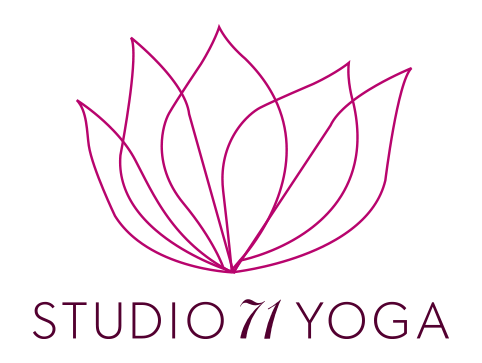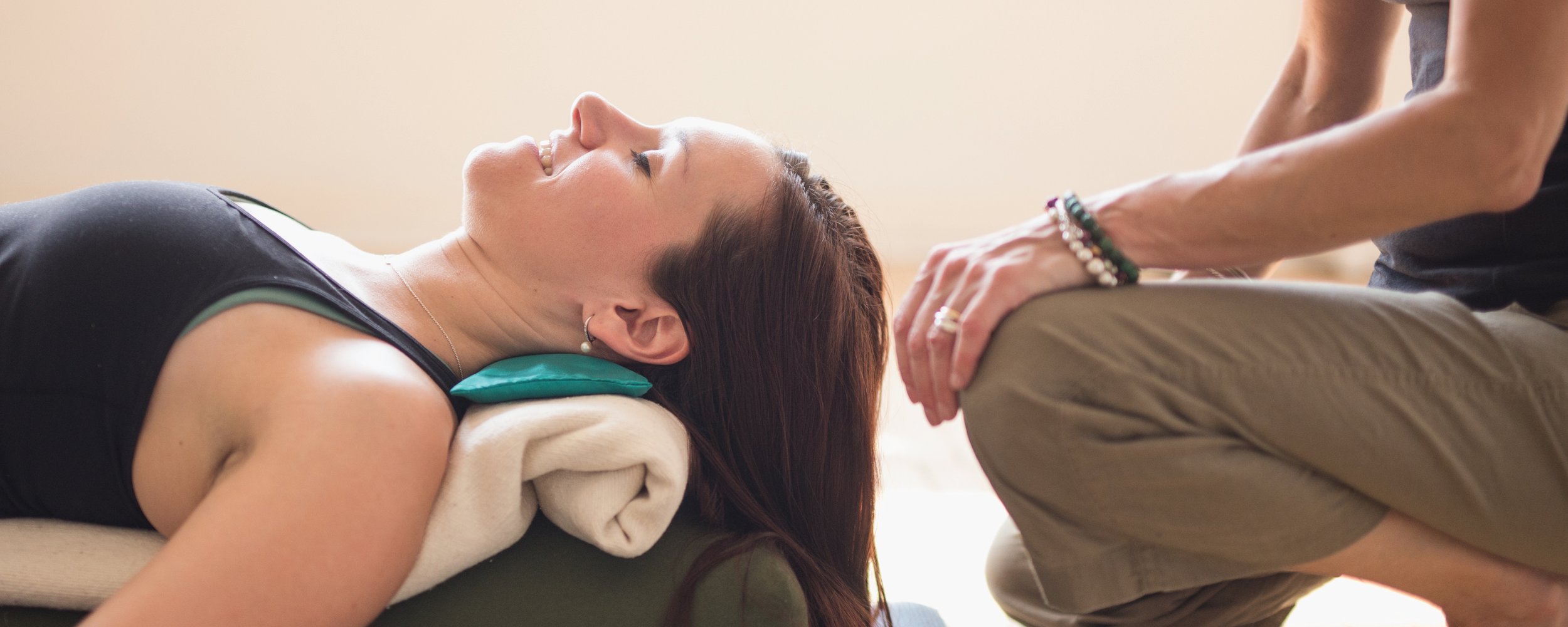Mother's Day—dedicated to mothers and mother figures in many countries worldwide—is a day of reflection and celebration, a day of love, gratitude, and appreciation for the person who brought us into this world, raised and nurtured us to make us who we are today.
On this particular day, many of us will take a moment to thank our mothers for all their hard work, dedication, sacrifices, and love.
It's not just about giving them flowers, gifts, or cards. It's also about giving them our time, attention, and care.
Sometimes, simple, heartfelt gestures mean everything.
This year, my husband and I are hosting a small gathering at our home. We're fortunate to spend time with my 86-year-old mother—a kind and caring “social” butterfly still living in her apartment, healthy and active. I’m grateful that my sister, two brothers, and their spouses will join us for this celebration.
For many of us, our relationship with our mother is often a defining aspect of our life, of who we are and how we see the world.
Whether your relationship has been positive or negative, smooth or rocky, close or distant, supportive or lacking, it's all part of the emotional journey that affects our day-to-day.
If you have a complicated relationship with your mother or have lost your mother, Mother's Day can be challenging and emotional. It may trigger feelings of sadness, anger, or ambivalence.
It's important to acknowledge and honour your feelings. It's important to acknowledge and honour your feelings. If you need help, please seek support from a trusted friend, family member, or mental health professional.
Alternatively, find other ways to celebrate and honour the women who have played a significant role in nurturing and supporting you.
Remember that everyone's experiences and feelings are valid, and it's essential to prioritize your mental and emotional health and wellbeing.
If you're a mother yourself, you know that we often overlook or disregard self-care; instead, we prioritize our work and responsibilities. And you also know that to look after others effectively and sustainably, you must first look after yourself.
Whether you're a mother or not, I invite you to approach your relationship with your mother in a new light this Mother's Day, perhaps by creating or leaning into a foundation of self-care.
From a yogic perspective, self-care is NOT selfish but a form of ahimsa, the Sanskrit word for non-harming.
Self-care is not just about taking a day off or indulging in a spa day. It's a holistic approach that encompasses all aspects of our being.
Self-care means taking care of ourselves in a way that does not harm our physical, emotional, intellectual, or spiritual selves and doing things that nourish our body, mind, and soul.
It means taking care of our physical health by eating well, getting good-quality sleep, and engaging in physical activities such as yoga.
It means managing our emotional health by reducing stress, practicing mindfulness, and cultivating positive relationships.
It means taking care of our intellectual health by engaging in activities stimulating our minds, such as reading, learning, or solving puzzles.
Lastly, self-care involves caring for our spiritual health by connecting with our inner self—practicing gratitude, and engaging in activities that bring us joy and peace.
Self-care as ahimsa is a journey that requires consistent effort and commitment.
It's a journey toward the self, realizing our true nature, which involves cultivating self-awareness, self-love, and self-compassion.
As you travel on this journey, remember that self-care is not a luxury but a necessity. It's an integral part of our health, an act of service to ourselves and those around us. Self-care as ahimsa contributes to a more peaceful, loving, and compassionate world.
Best wishes to you and yours for a lovely Mother's Day.
With gratitude and joy,
Jeannine







